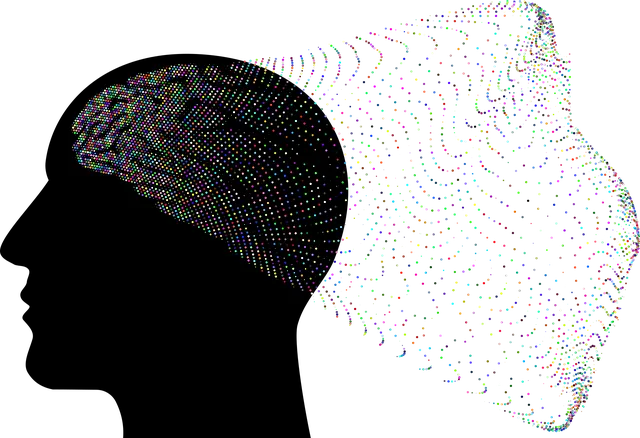Kaiser Permanente Longmont integrates Resilience, Flexibility, and Mindfulness (RFM) exercises into their mental health services, going beyond traditional medicine. This evidence-based approach, focusing on compassion cultivation and emotional intelligence, enhances individuals' ability to navigate challenges and build empowerment. RFM principles create supportive environments for therapy, group support, and community outreach, with personalized interventions that shift away from pathologizing views. The success of these exercises is measured through data tracking stigma reduction and self-esteem improvement, ensuring the approach meets diverse mental health needs while fostering a sense of community among patients.
Resilience is a cornerstone of emotional well-being, especially in stressful times. The Resilience, Flexibility, and Mastery (RFM) model offers a structured approach to building this crucial skill set. This article explores how Kaiser Permanente Longmont integrated RFM exercises into their mental health initiatives. We delve into the understanding of RFM, its implementation within the organization, and measurement of success through evaluating its impact on mental health outcomes at Kaiser Permanente Longmont.
- Understanding RFM and Its Role in Resilience Building
- Implementing RFM Exercises at Kaiser Permanente Longmont
- Measuring Success: Evaluating the Impact of RFM on Mental Health Initiatives
Understanding RFM and Its Role in Resilience Building

Resilience is a vital aspect of mental well-being, and organizations like Kaiser Permanente Longmont recognize its importance in supporting individuals’ overall health. RFM (Recovery-Focused Methodology) is an approach that focuses on fostering resilience, promoting recovery, and enhancing coping strategies. It plays a crucial role in helping individuals navigate life’s challenges and build a sense of empowerment. By adopting RFM principles, mental health professionals can create a supportive environment that encourages growth and resilience.
This methodology emphasizes the individual’s capacity for change and recovery, moving away from traditional pathologizing views. In the context of Kaiser Permanente Longmont’s services, RFM offers a framework to guide therapy sessions, group support, and community outreach programs. Social Skills Training and Risk Assessment are integral components of this process, ensuring that mental health professionals employ effective risk management planning. This approach allows for personalized interventions, empowering individuals to develop strategies to manage stress, adversity, and trauma effectively.
Implementing RFM Exercises at Kaiser Permanente Longmont

At Kaiser Permanente Longmont, we’ve recognized the profound impact of implementing Resilience, Flexibility, and Mindfulness (RFM) exercises on our patients’ mental health journey. Our commitment to integrating these practices into our services stems from a desire to offer comprehensive care that goes beyond traditional medical treatments. The RFM framework, centered around compassion cultivation and emotional intelligence, provides a unique approach to trauma support services.
By incorporating techniques such as mindfulness meditation and compassionate communication, we aim to empower individuals to navigate life’s challenges with greater resilience. These exercises not only enhance emotional well-being but also foster a sense of community within our facilities, reflecting the values of Kaiser Permanente in promoting holistic health for our patients.
Measuring Success: Evaluating the Impact of RFM on Mental Health Initiatives

Measuring the success of RFM (Resilience, Flexibility, and Mindfulness) exercises in mental health initiatives is a crucial step in understanding their impact on individuals’ well-being. Kaiser Permanente Longmont has been at the forefront of integrating such programs into their care strategies, aiming to address mental illness stigma reduction efforts and promote self-esteem improvement. By assessing the outcomes, researchers can uncover valuable insights into the effectiveness of RFM techniques in enhancing resilience and fostering a positive mindset.
This evaluation process involves tracking changes in participants’ mental health status, emotional regulation skills, and overall coping mechanisms. Through regular assessments and feedback, it becomes possible to quantify the reduction in symptoms associated with mental illness and the improvement in mind over matter principles. Such data is instrumental in refining these exercises, ensuring they cater to the unique needs of individuals seeking support for their mental well-being.
The implementation of RFM exercises at Kaiser Permanente Longmont has shown promising results in enhancing resilience and improving mental health initiatives. By understanding the role of RFM in building resilience, the organization can continue to develop effective strategies that support the well-being of its members. This approach, tailored specifically for Kaiser Permanente Longmont’s unique population, demonstrates a compelling model for other healthcare providers aiming to integrate holistic wellness into their services, ultimately improving mental health outcomes in the community.






